what is rsv in babies covid
Viruses caused by flu COVID-19 and RSV are extremely infectious respiratory infections. Respiratory syncytial virus RSV and COVID-19.

Easy Access Urgent Care Calexico Bronchiolitis And Rsv In Newborns And Infants Adults Should Not Kiss An Infant Or Young Children Even If You Have The Slightest Cold Winter Is Here
RSV is usually mild but not in babies RSV is a seasonal virus that primarily affects children and its really common.

. For the vast majority. In infants RSV can cause pneumonia or bronchiolitis an inflammation of the small airways in the lungs. As children return to school and daycare a lesser-known contagious respiratory infection has begun to spread at an alarming rate.
Most kids have had the virus by the time they turn 2. RSV or respiratory syncytial virus causes mild cold-like symptoms. When an infected person coughs or.
Weekly COVID-19associated hospitalization rates among children and adolescents aged 017 years by age group COVID-NET 14 states July 3 2021January 22 2022 About the study. Respiratory failure may be more serious in RSV positive infants and RSV infection may be more dangerous for the neonatal period. The flu by an influenza virus COVID-19 by a SARS-CoV-2 virus and RSV by a respiratory syncytial virus.
Fever cough and nasal congestion. RSV can affect adults as well especially those 65 older and those with compromised immune systems. However babies 1 year and younger are much more susceptible to serious illness.
It most frequently afflicts premature infants and children under two years old with chronic heart or lung disease. Congestion or runny nose. What is RSV.
Kids with severe bronchiolitis caused by RSV are usually admitted to the hospital for supportive care like oxygen and intravenous IV fluids. The virus and its accompanying cold-like symptoms will typically cause a week or two of discomfort for your baby but luckily its usually not something to be worried about. Respiratory droplets are tiny sprays of water that come from your nose or.
RSV in Very Young Infants Infants who get an RSV infection almost always show symptoms. In very young infants less than 6 months old the only symptoms of RSV infection may be Irritability Decreased activity Decreased appetite Apnea pauses while breathing. This is different from adults who can sometimes get RSV infections and not have symptoms.
Infants 6 months or younger Babies who were born early Children under 2 with chronic lung or heart disease Children with a weak immune system. It can spread to the lower respiratory tract causing pneumonia or bronchiolitis. RSV infection can be more serious in the neonatal period.
Now health care workers on the front lines say there is another frightening prospect looming. Early versions of COVID-19 largely spared children but the delta variant proved to be much less discriminating and has led to more child hospitalizations. And no its not COVID-19.
As cases go down protective measures will wane. RSV is a common viral infection that can cause serious infections in infants and young children. It most frequently afflicts premature infants and children under two years old with chronic heart or lung disease.
Fever is one of RSVs primary symptoms along with runny nose cough and a decrease in appetite. Respiratory syncytial virus or RSV is a viral infection common in children. People over the age of 50 or those with heart or lung disease are also at risk for complications and they can catch RSV from babies toddlers and older kids.
RSV is very contagious. RSV symptoms range from mild to severe and commonly include. RSV is a common respiratory infection in young children that usually occurs in winter but this year it has been spreading during the summer.
Tara Kirk Sell senior scholar at the Johns Hopkins Center for Health Security and an assistant professor at the Johns Hopkins Bloomberg School of Public Health. Many of the symptoms of RSV infection are similar to those of COVID-19 in kids. Respiratory syncytial virus RSV is such a common virus that nearly all adults and young children are affected by it sooner or later.
It spreads between babies children and older people in respiratory droplets similar to the way coronavirus and influenza spread. A third threat this winter is the respiratory syncytial virus also known as RSV which is a mostly seasonal contagious respiratory virus. It spreads a few different ways.
What is RSV. What is RSV. Symptoms of RSV infection are similar to those of the common cold.
Trouble breathing or rapid breathing. Symptoms in babies present as Covid as parents warned of winter virus surge A little-known disease called RSV with symptoms similar to a cold and elements easily mistaken for Covid. In cases with suspected COVID-19 infection it should be kept in mind if atelectasis is seen on chest radiography.
1 day agoWe know that about 20-30 of children who get COVID-19 will have Long COVID even those who dont present with symptoms but test positive. Healthcare workers are noticing that the two infections are occurring at the same time in some children who end up hospitalized with severe respiratory complications. And for kids who are toddler-age and older symptoms tend to be mild like a common cold.
A surge in children diagnosed with a combination of COVID-19 and respiratory syncytial virus. There are vaccines and treatments specifically for COVID-19 but none for RSV. A return to mostly normal life while rebuilding trust in public health.
A Respiratory Disease That Can Be Deadly. Babies under age 1 might be at higher risk of severe illness with COVID-19 than older children. RSV and Infants.
RSV is a common respiratory virus that usually causes mild cold-like symptoms in most people according to the CDC. It spreads when a cough a sneeze or even a loud conversation sends respiratory droplets flying through the air. Multiple viruses at the same time can cause someone to become infected.
Respiratory syncytial virus RSV is a very common respiratory illness that can present with a runny nose fever wheezing and a cough. While most people recover in a. Newborns can get COVID-19 during childbirth or by exposure to sick caregivers after delivery.
RSV or respiratory syncytial virus is a seasonal illness that has been commonly overlooked even though it affects about 97 of children by the age of two. Is Rsv The Same As Covid. T here wont be a clean end to the pandemic but it will stop being so front-and-center.
RSV is a common respiratory pathogen so common in fact that nearly all of us are infected with it by the age of two. If you have COVID-19 wear a face mask and have clean hands when caring for your newborn during your hospital stay after childbirthKeeping your newborns crib by your bed.
/cloudfront-us-east-1.images.arcpublishing.com/gray/FWAOGGYBHRHWPNYGWUCTQ7DKLY.jpg)
How To Tell The Difference Between Rsv And Covid 19

The Abc S Of Rsv Signs Symptoms University Of Utah Health
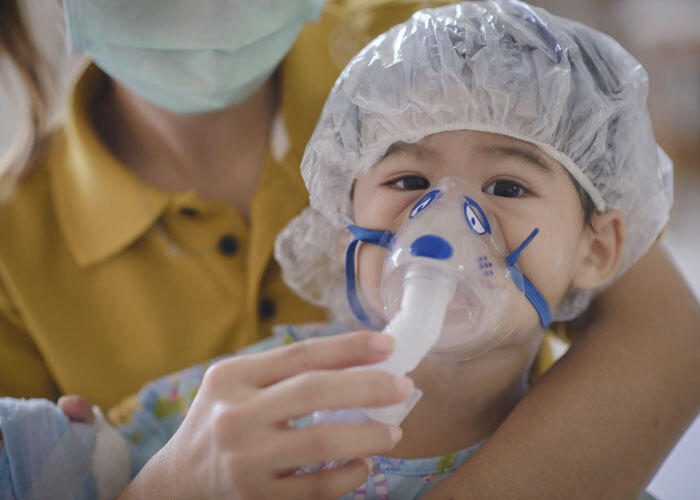
Rsv In Babies Symptoms Prevention Resemblance To Covid 19
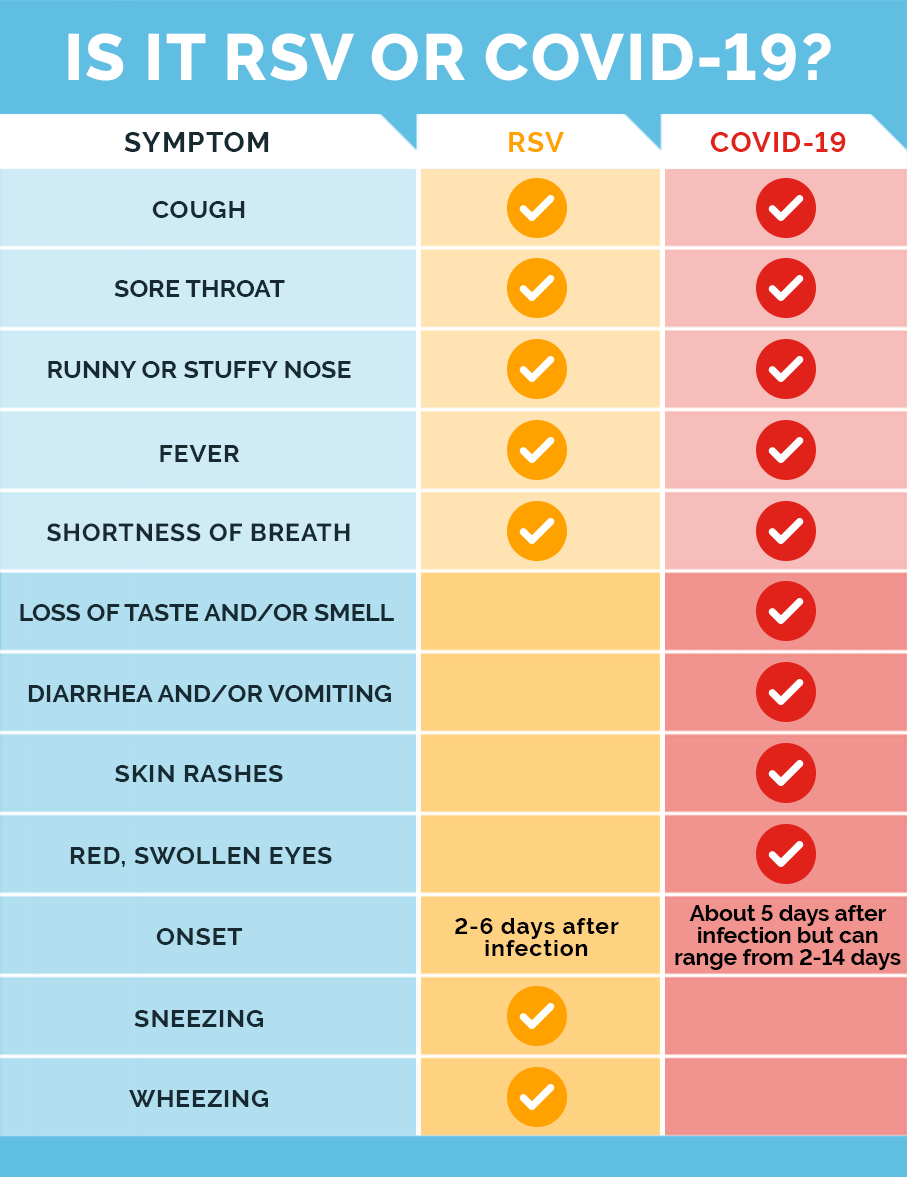
Why Is Rsv On The Rise This Summer
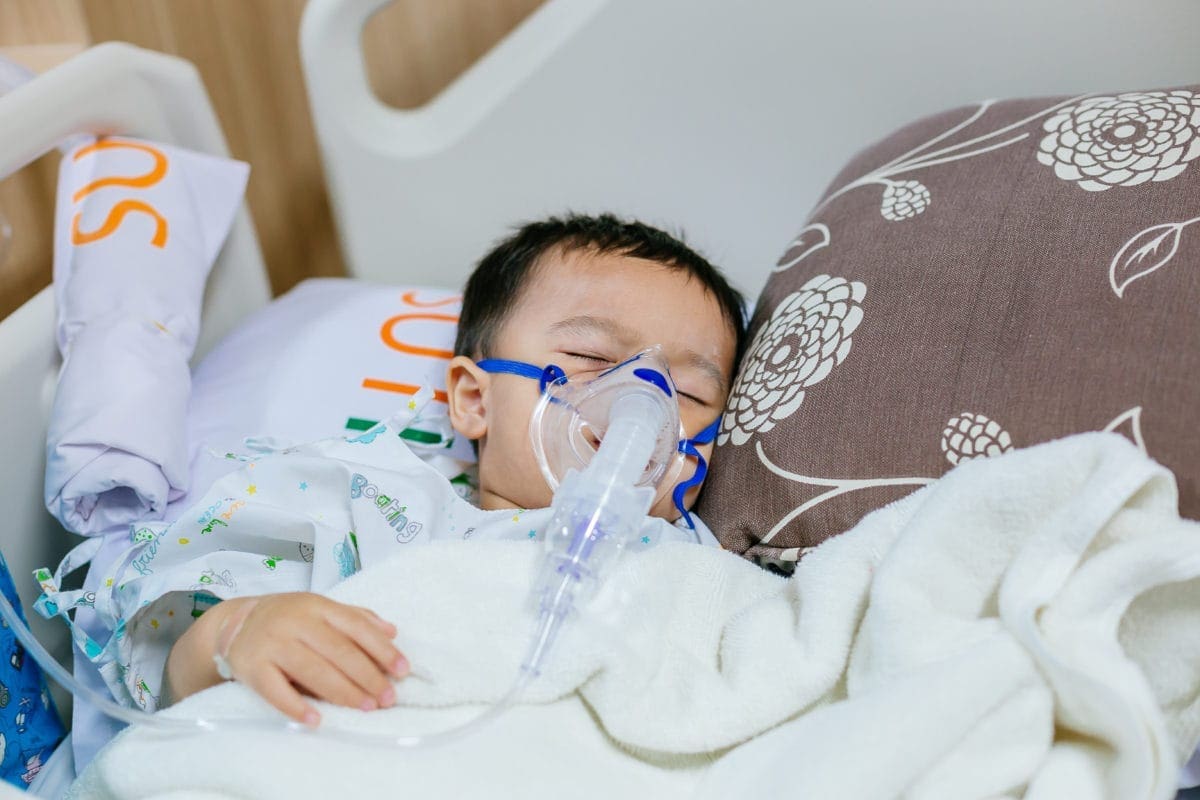
Respiratory Syncytial Virus Rsv Rsv Symptoms Familydoctor Org

Is It Rsv Or Covid Here Are Symptoms Parents Should Watch For Huffpost Life
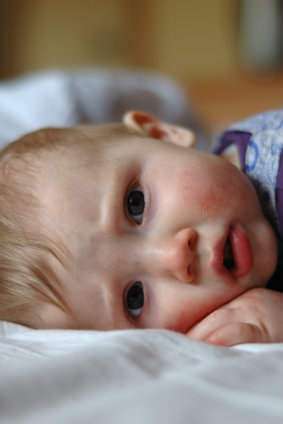
10 Things Every Parent Should Know About Rsv Respiratory Syncytial Virus Montreal Children S Hospital

How To Recognize The Warning Signs Of Rsv Allergy Asthma Network
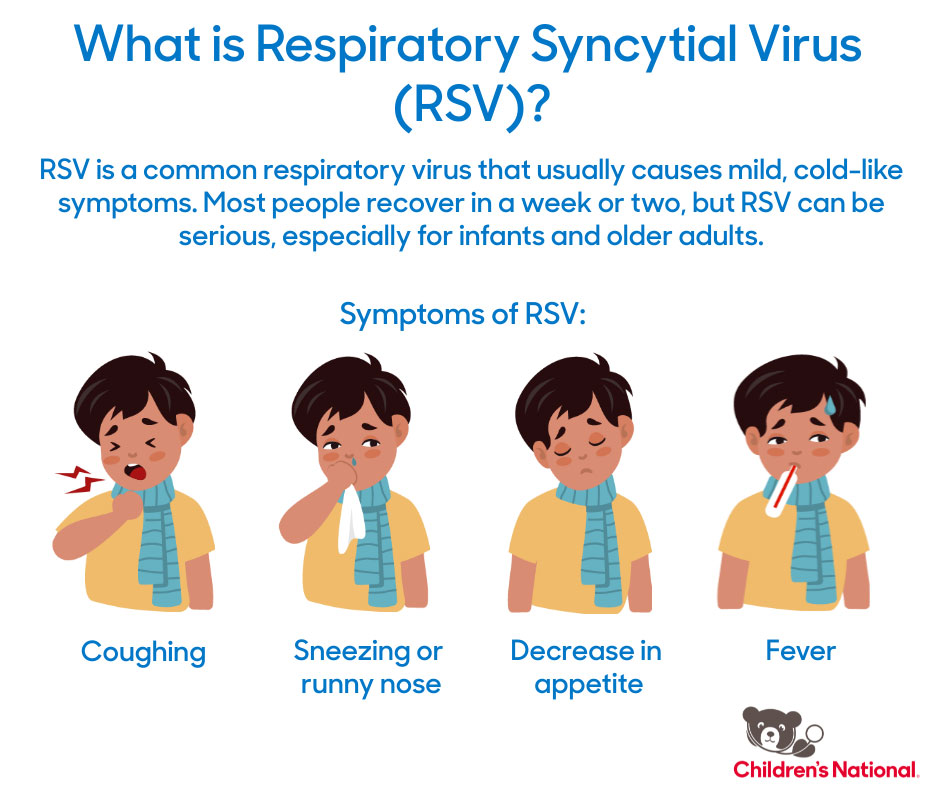
Respiratory Syncytial Virus Rsv Children S National

4 Things To Know About Rsv In The Time Of Covid 19 Johnson Johnson
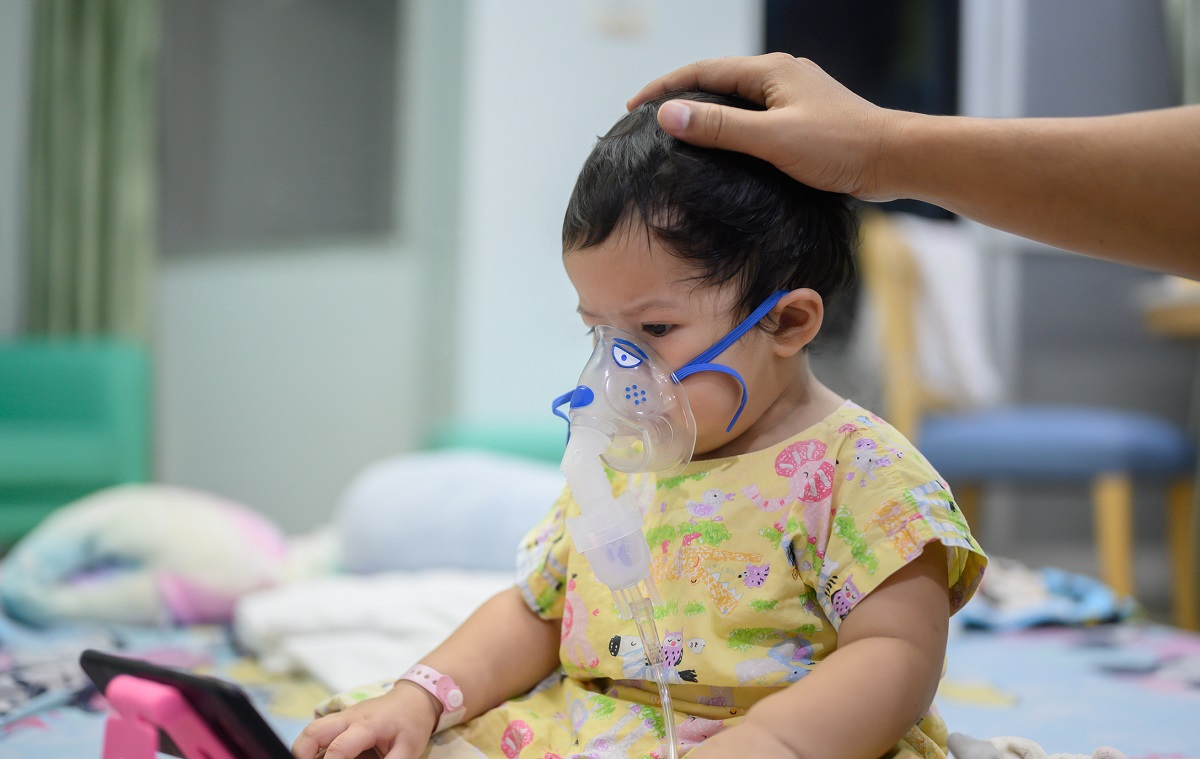
The Medical Minute What Parents Need To Know About A Rise In Rsv Penn State University

Viral Concerns Keep Your Children Safe From The Rsv Virus Lee Health

Common Seasonal Virus Rsv Hitting Earlier

Bronchiolitis And Rsv After Hours Kids Pediatric Clinic
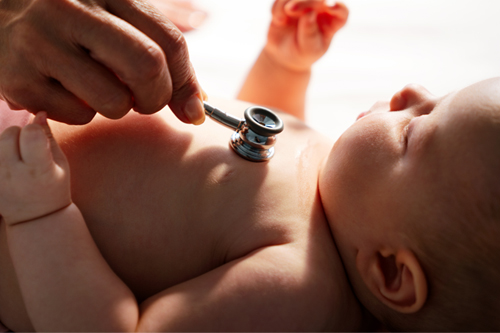
Why Is Rsv On The Rise This Summer

Bronchiolitis And Rsv After Hours Kids Pediatric Clinic
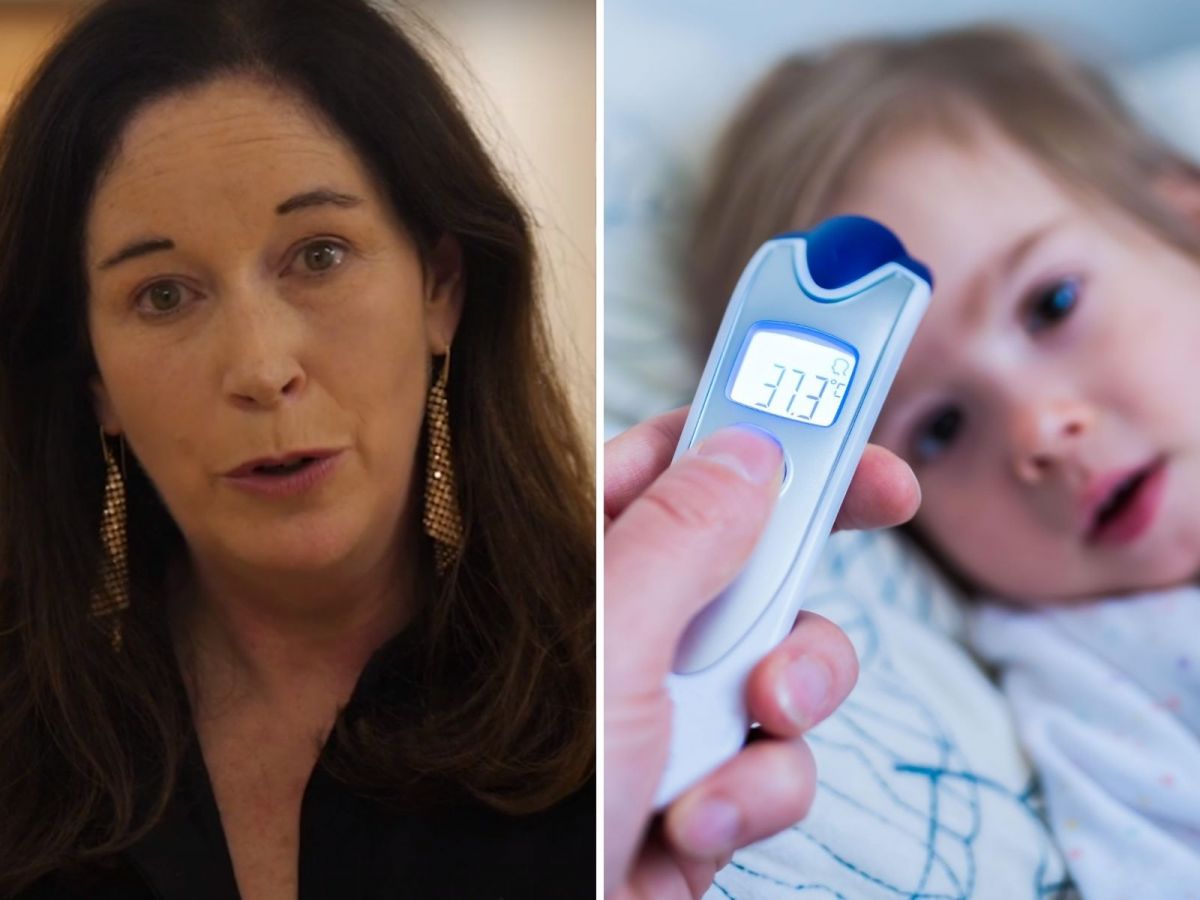
Rsv Outbreak In Children Even More Contagious Than Covid Newstalk

